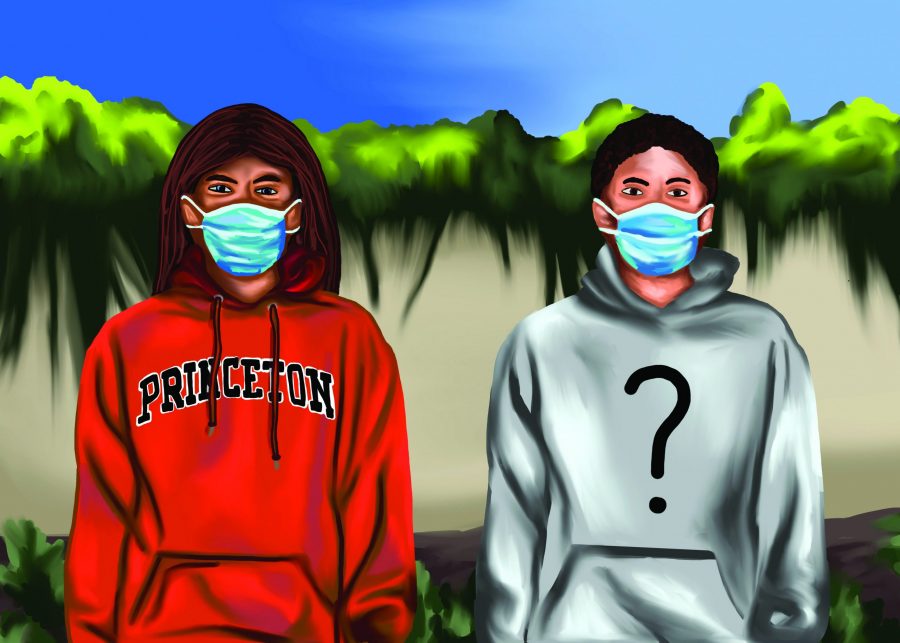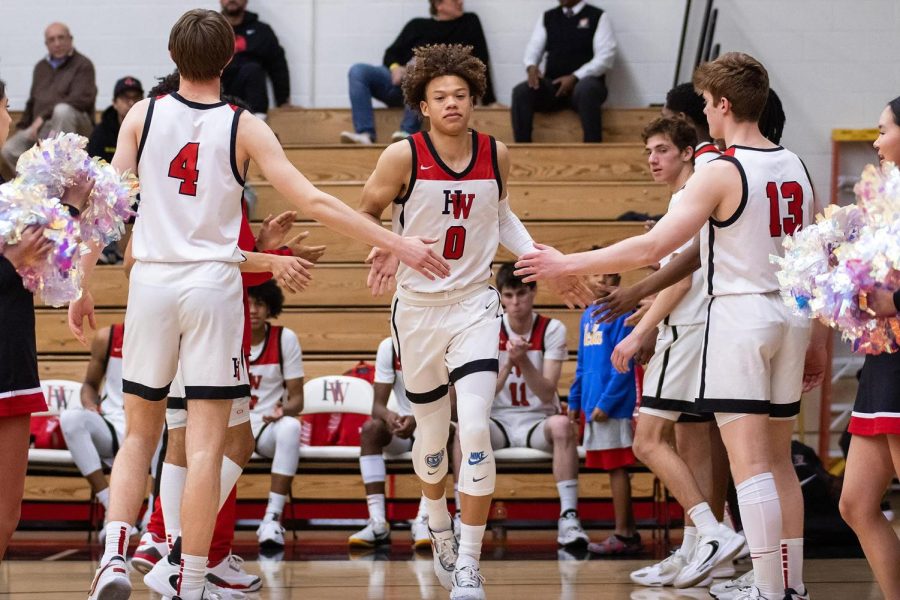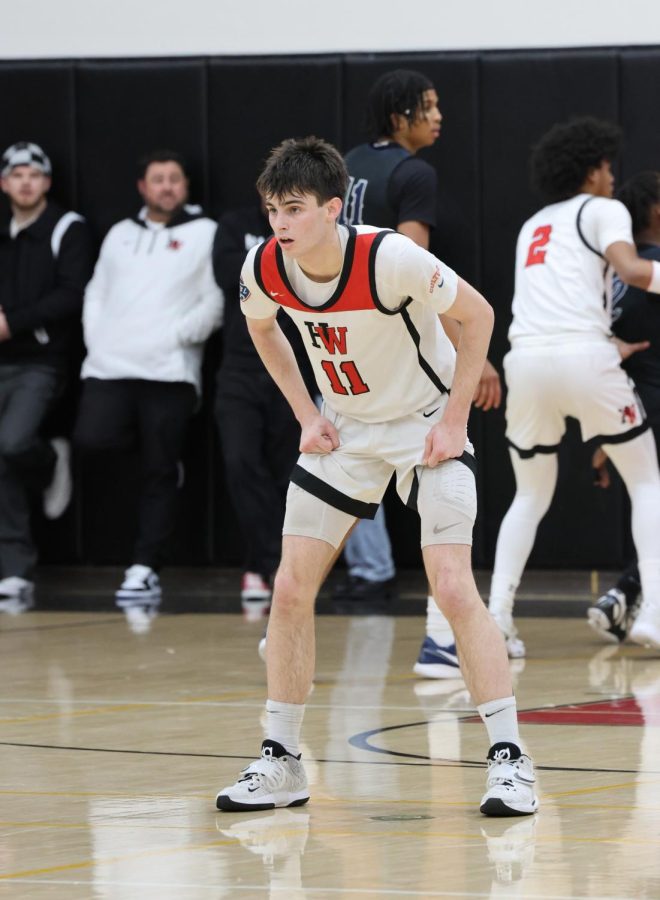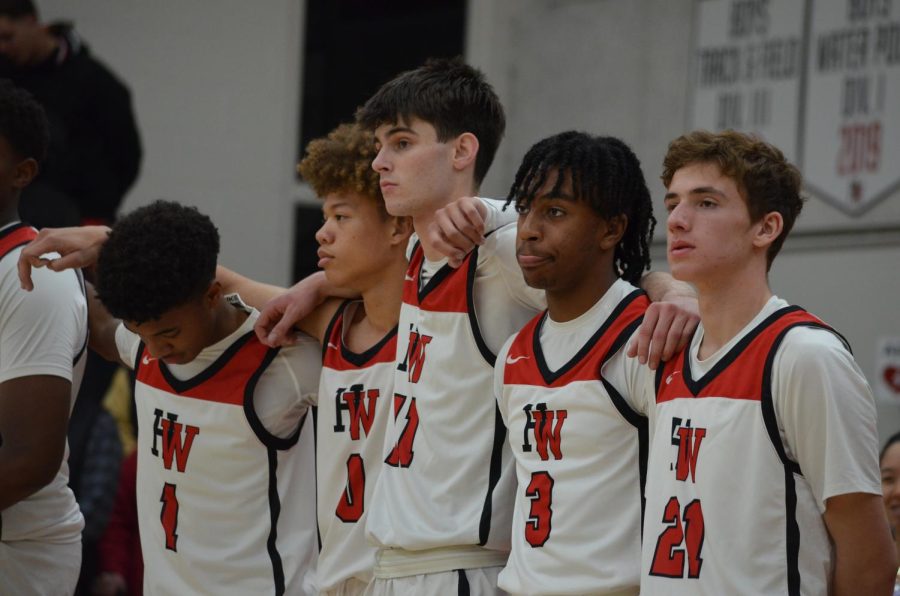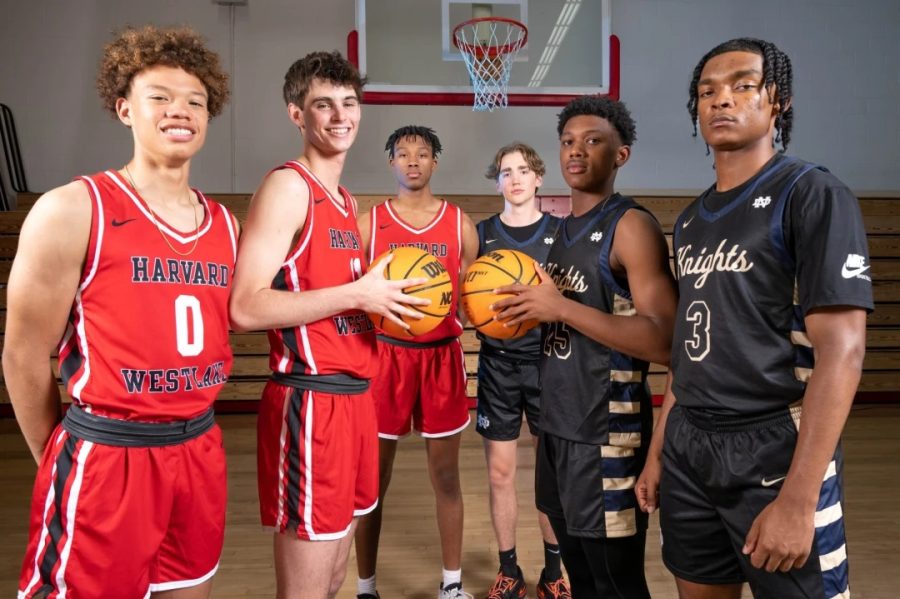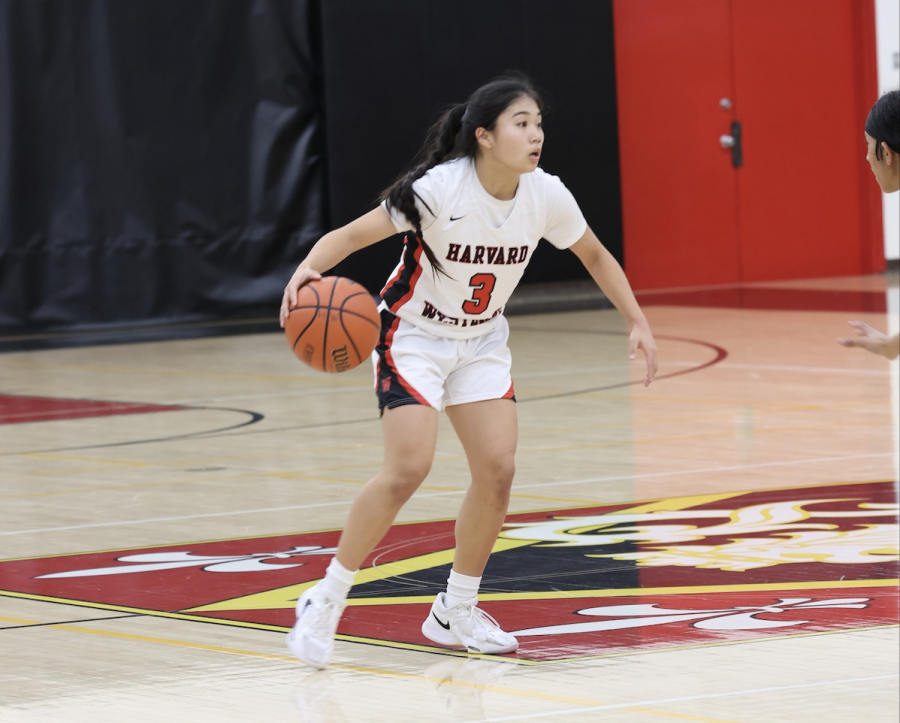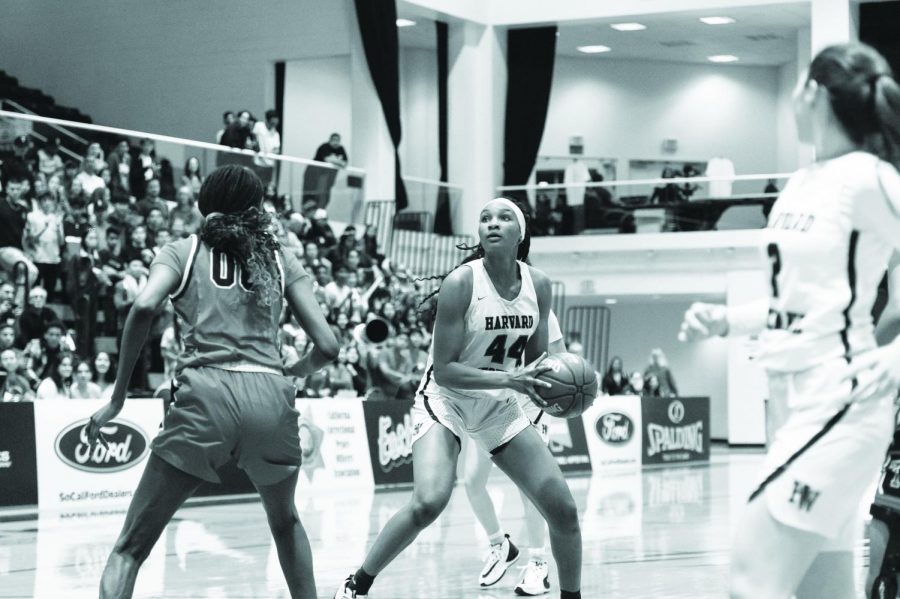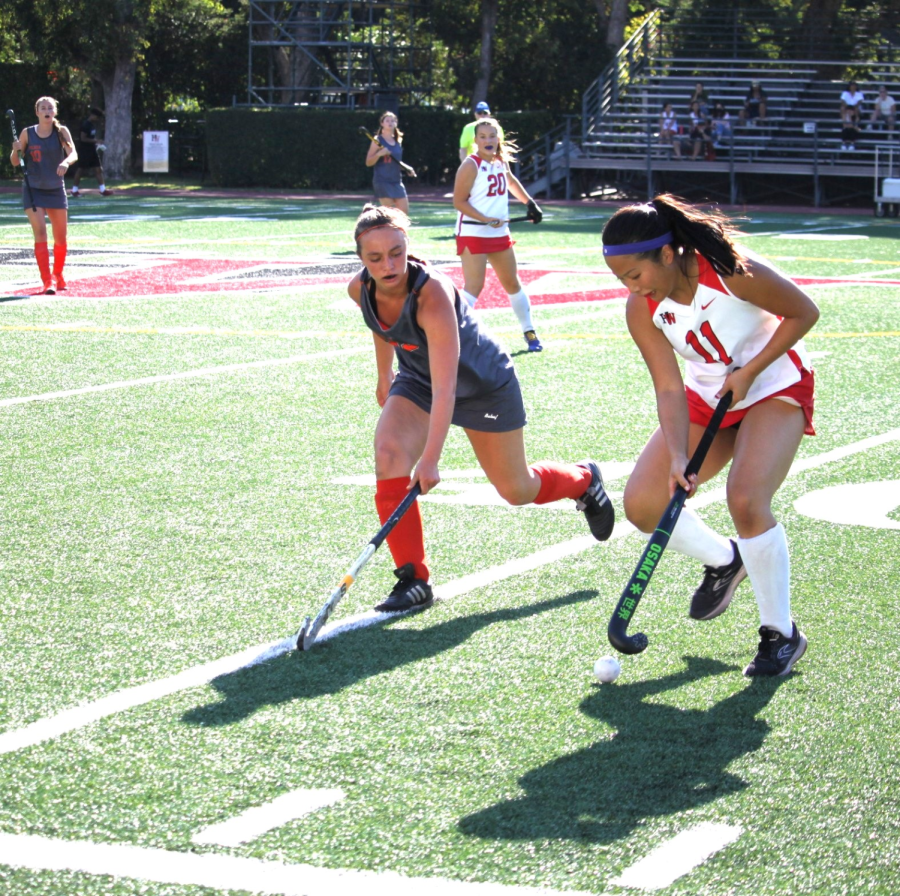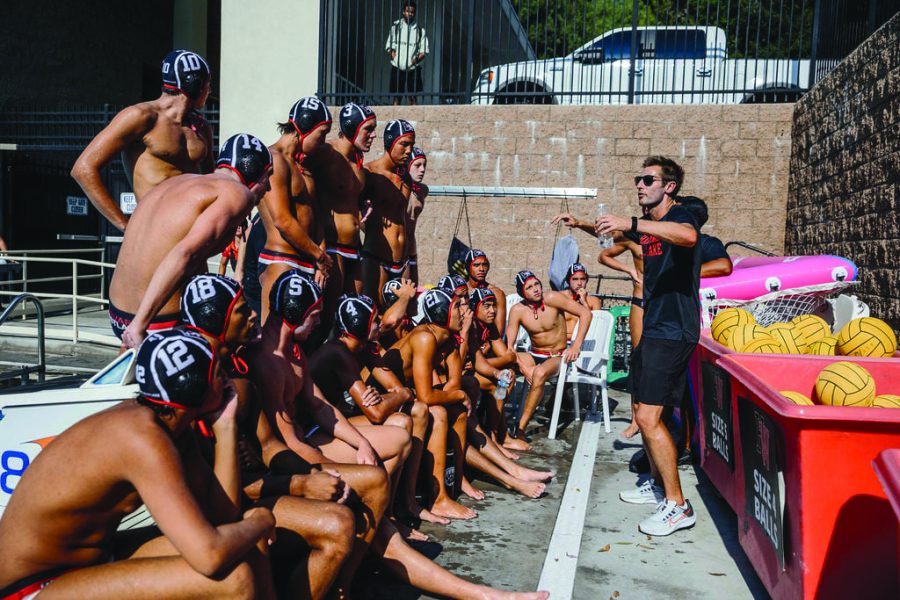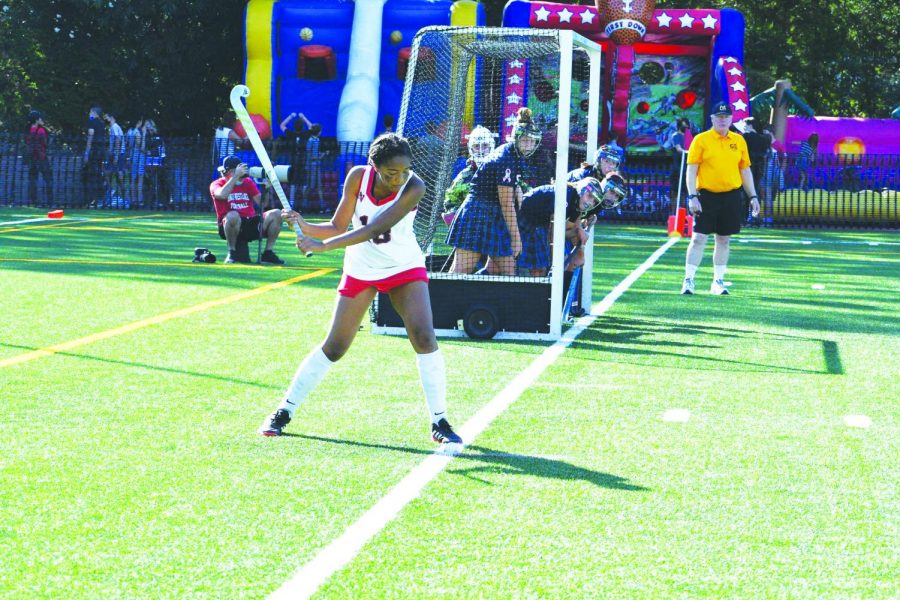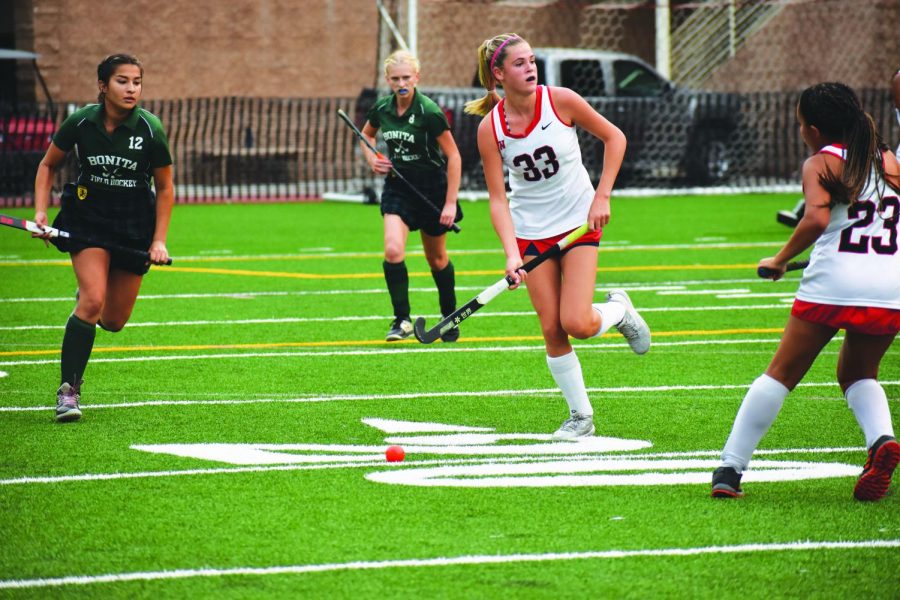When Williams College commit Gabby Odoom ’21 got the notification that her spring track and field season was canceled, fear rushed through her body. She wouldn’t be able to compete and would lose the opportunity to impress college coaches and scouts. For track and field athletes, junior year running times are vital to college coaches because many athletes near the peaks of their high school careers, Odoom said. Without these times, she noted that her options for recruitment were likely limited. As coaches began to focus their recruiting efforts on athletes in other states that had not shut down, Odoom said it became clear she needed to rush her recruitment process.
“I definitely began to realize in the early months of summer that I needed to commit before school began,” Odoom said. “As more and more class of 2020 graduates decided to take gap years and fill up 2021 recruiting slots, I became increasingly nervous. Luckily, I had figured out where I wanted to commit in late July, so I just had to work quickly to make it official.”
Committing to a university for athletics requires a multitude of steps as-is: the many club tournaments athletes play in the hope that a college coach will take an interest in them, the constant communication recruits must have with coaches and campus visits. COVID-19 cancellations coupled with the extended NCAA Division I dead period through Sept. 30 could drastically impact recruitment.
Athletes like Odoom may feel the need to commit to college earlier or feel frustrated due to the lack of viewing opportunities. However, many players are trying to adjust to the present circumstances in an effort to be seen by coaches. Whether athletes are emailing their film or posting on social media to show potential recruiters their progression, thanks to the NCAA shutting down in-person recruiting, the entire process has gone virtual.
Although wide receiver Jason Thompson ’22 lost the opportunity in the spring to be seen by coaches, he said he has adjusted to the circumstances by using social media to gain more visibility.
“Recruitment went completely digital and being present on social media and allowing coaches to see how you’ve progressed since last season was more important than ever, especially when you’re trying to gain scholarships,” Thompson said.
Like other athletes, power forward Trumann Gettings ’21 said he lost valuable opportunities to play in recruiting tournaments over the summer. Without visibility during the club season, he said he could not show his progress to new schools.
“I have been talking to coaches and sending out film, but a lot of college coaches aren’t offering anyone without seeing them play live,” Gettings said.
The biggest issue athletes face, however, is the lack of official visits to universities, Harvard University commit Fiene Oerlemans ’22 said. Unlike most other athletes, Oerlemans was far ahead of the recruiting game because of the number of camps she had attended prior to the pandemic.
Even though she was not seen by recruiters this summer, she said committing was not an issue for her, as coaches had already watched her play in the past.
“The major change COVID-19 has caused for me and committing is not being able to go on campus visits this upcoming fall,” Oerlemans said. “These visits usually are a big factor when it comes to deciding which school is the best fit for a player.”
For five-star Stanford University basketball commit Kiki Iriafen ’21, her choice to play for the Cardinals wasn’t influenced by the pandemic, as she committed earlier than she originally expected to.
“I was hoping to take some official visits during the summer and the fall, but that was no longer an option,” Iriafen said. “In the basketball world, at least, I think some people are committing very early because they are worried about losing their scholarship, but […] I was confident in my decision and didn’t feel any pressure to commit early.”
Many NCAA Division I sports are postponed until the end of 2020 or changed to fit COVID-19 guidelines, according to ncaa.com. With a potential decrease in college athletics, the effects on the number of athletes and scholarships is unknown. Gettings said he has no idea what the future holds.
“I am still reaching out to coaches and sending out film, ” Gettings said. “But this is a very uncertain time, and no one is exactly sure of what to do or what will happen.”



































